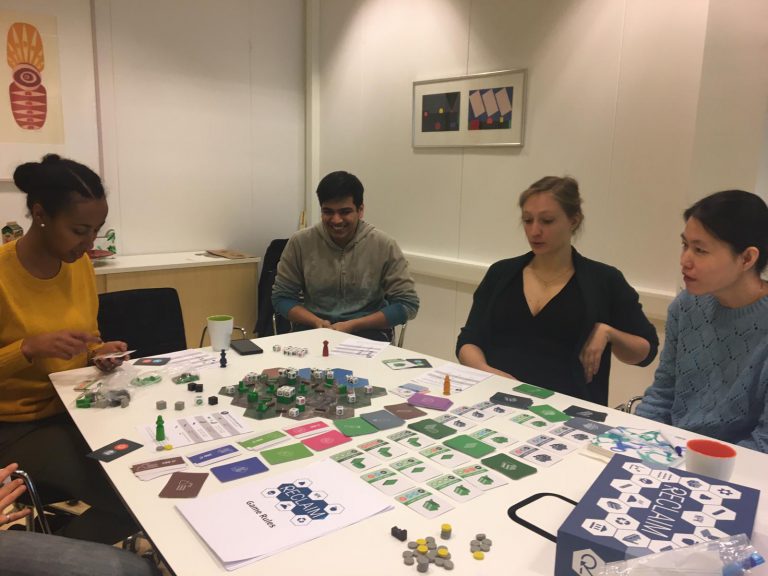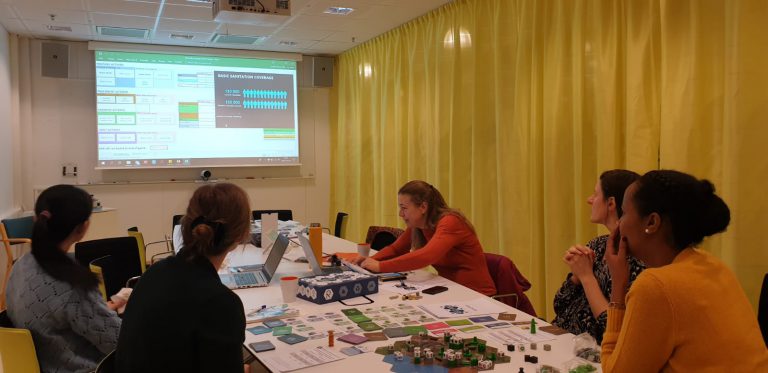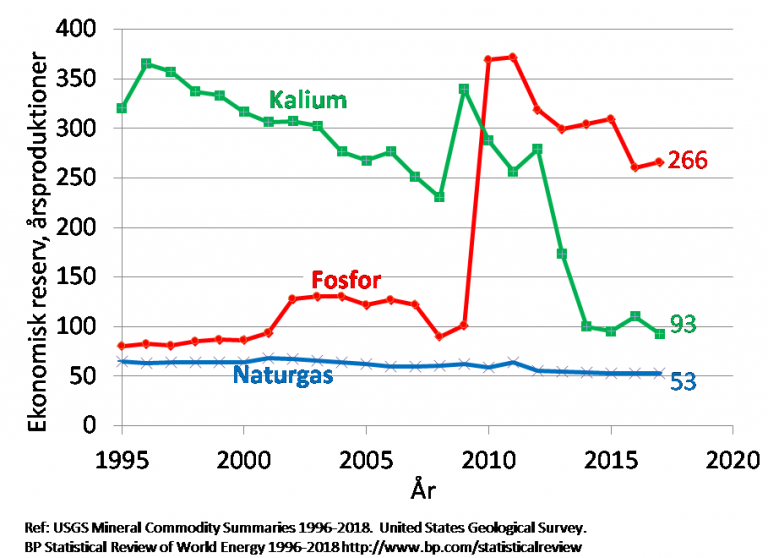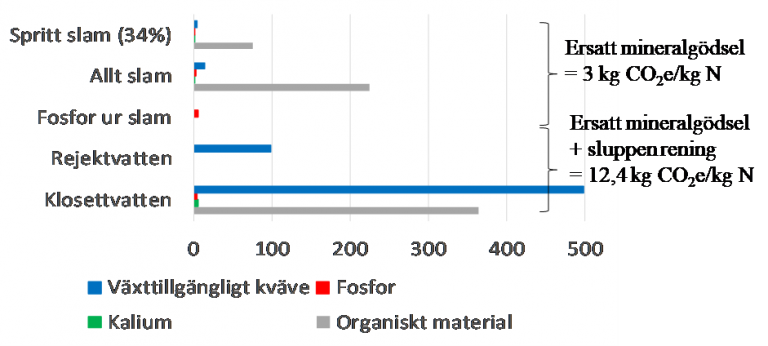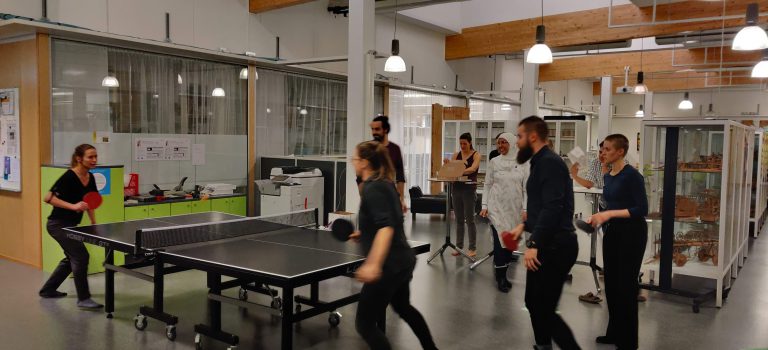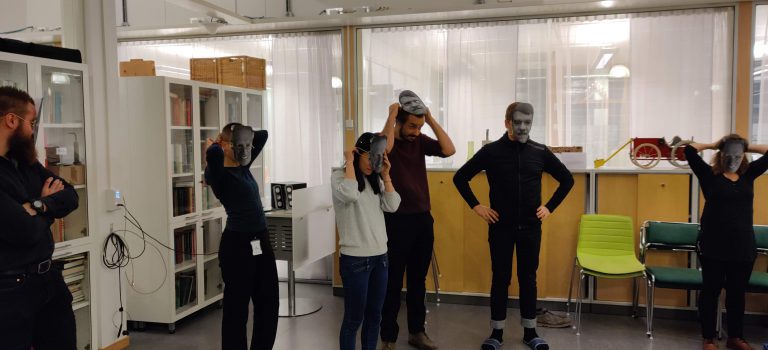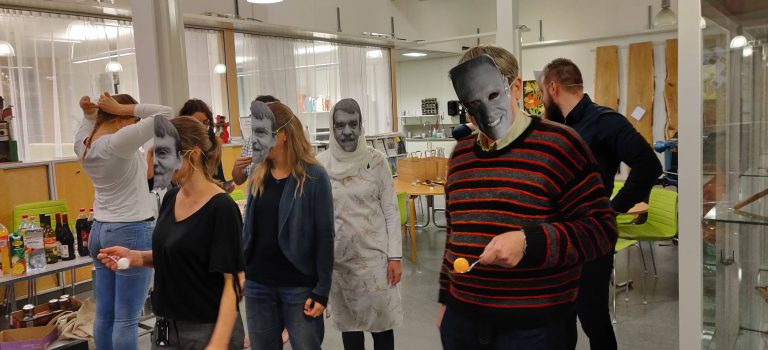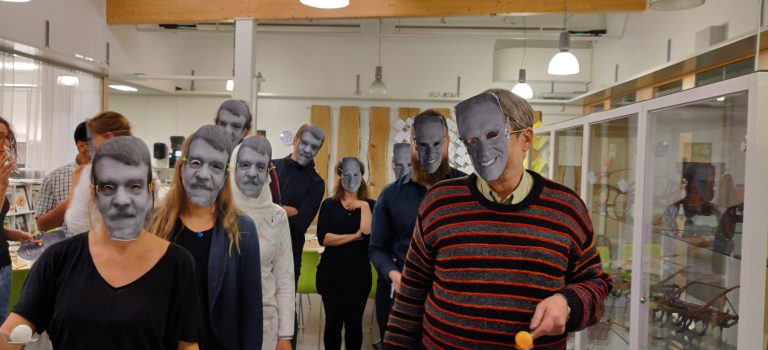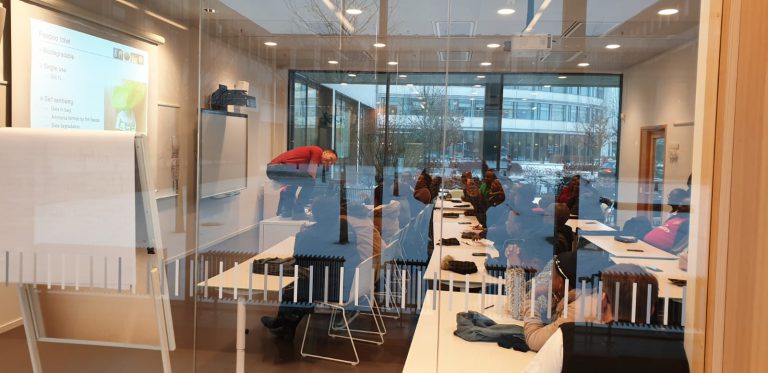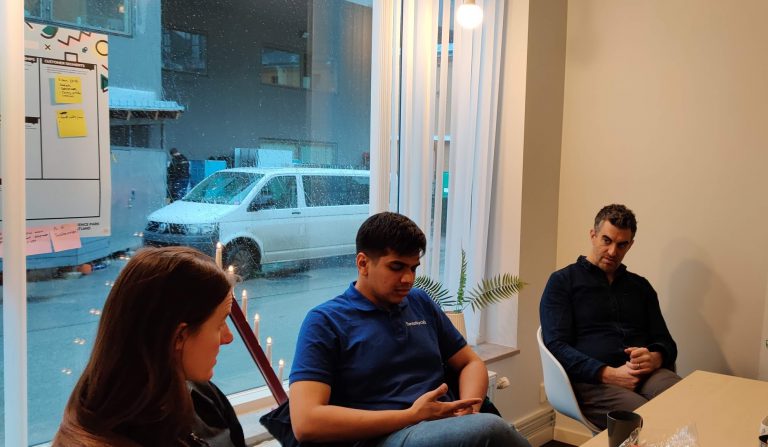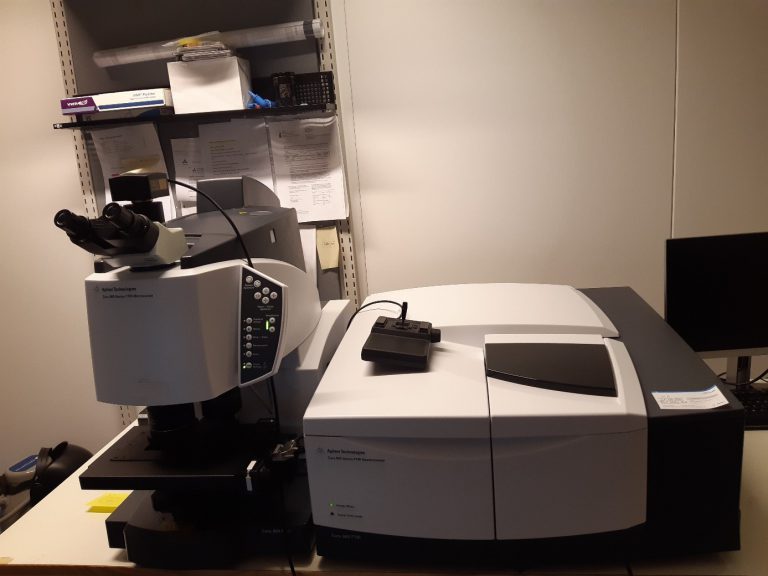We ended the year 2019 with a very fun activity – trying out a new role-playing game developed by Jennifer McConville and her colleagues. RECLAIM is an exciting, dynamic board game whose main purpose is to act as a learning tool for participatory decision-making on water and sanitation issues. There are several stakeholders represented in the game, and all players are allowed to role play each stakeholder, and collaborate to provide and improve the sanitation situation of their region. The board itself is modular in the sense that it can be arranged to depict that group of players’ cities, be it a peri-urban area in Uganda or the urban area of central Stockholm. Not only did we have a lot of fun role playing, but we also found it to be quite intuitive. At the end of the game, we as players reflected on how RECLAIM can be a great tool that can help community members to come together, share, and help understand each other’s perspective on sanitation and how such games provide an ideal platform to make that happen.
Role-playing and gaming are active learning tools, which are useful for learning relationships between technology and society, problem solving in complex situations and communication. For further information about RECLAIM, get in touch with Jennifer McConville at Kretsloppsteknik.


